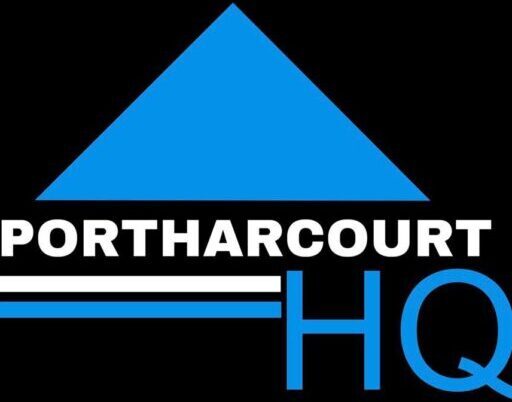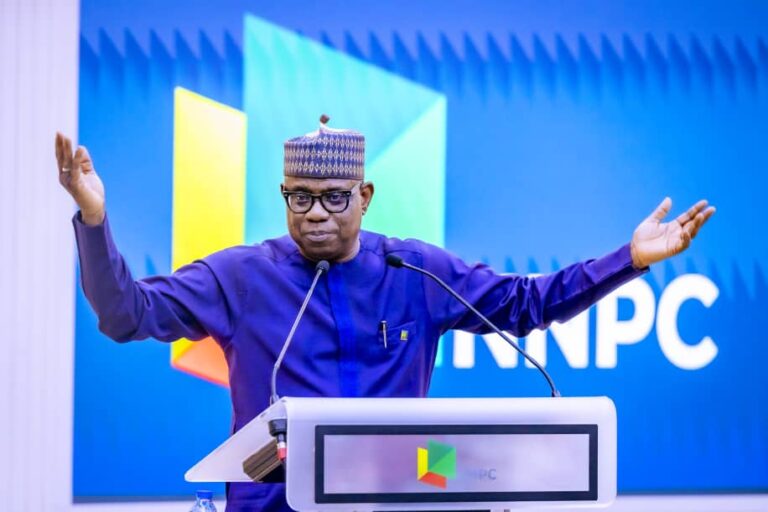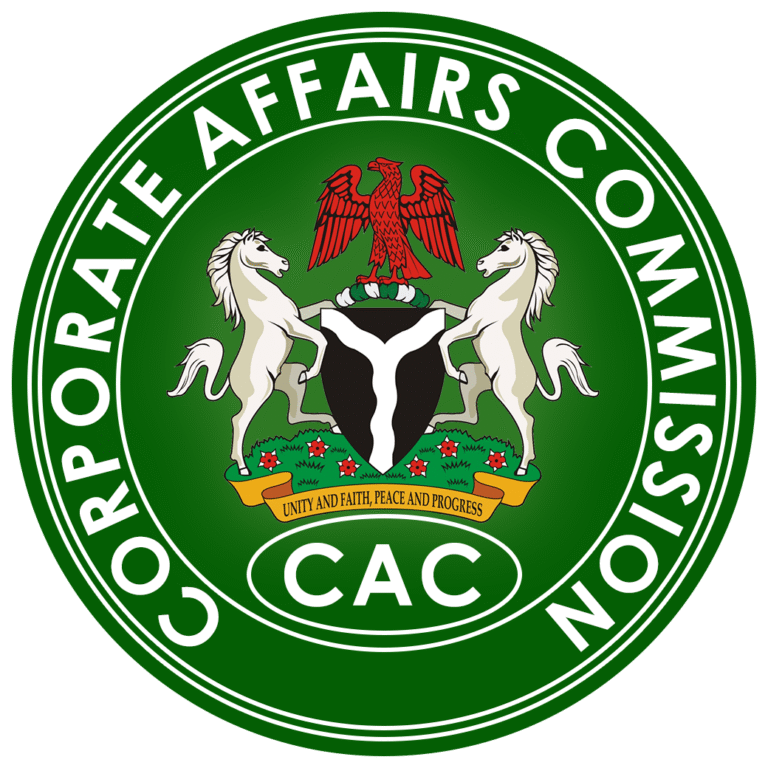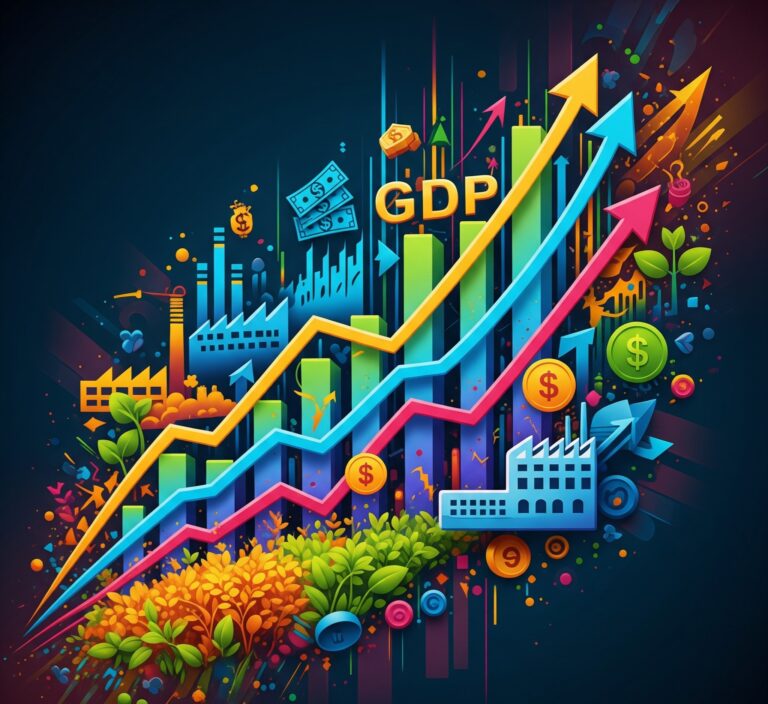Nigerians are currently paying just 55% of what their West African neighbours spend on petrol, thanks to the operational success of the Dangote Refinery, according to Aliko Dangote, President of the Dangote Group.
Dangote made the disclosure during a high-level visit to the 650,000-barrels-per-day refinery by the President of the Economic Community of West African States (ECOWAS) Commission, Dr. Omar Touray, and his delegation.
He revealed that Premium Motor Spirit (PMS) is currently being sold at the refinery at between N815 and N820 per litre, while the average price in neighbouring countries is approximately $1 per litre, or N1,600.
“Many Nigerians don’t realise that they are currently paying just 55 per cent of what others in the region are paying for petrol,” Dangote stated.
Local Refining, National Impact
The billionaire industrialist highlighted the broader economic impact of local refining, noting the sharp drop in diesel prices—from N1,700 to as low as N1,100—thanks to domestic production.
“This has had a significant impact across various sectors,” he added, “including industries, mining, and agriculture.”
Dangote also dismissed doubts about the refinery’s capacity, emphasizing that the facility is not only meeting Nigeria’s needs but is also equipped to supply other West African countries.
“There have been many claims suggesting that we don’t even produce enough to meet Nigeria’s needs, so how could we possibly supply other West African countries? But now, they (ECOWAS officials) are here to see the reality for themselves,” he said.
A Model for African Industrialisation
Reaffirming his long-standing stance on Africa’s economic direction, Dangote cautioned against over-reliance on imports, calling it a major barrier to development.
“As long as we continue importing what we can produce, we will remain underdeveloped,” he said. “This refinery is proof that Africa can build global-standard infrastructure and drive industrialisation from within.”
ECOWAS Endorsement
Dr. Omar Touray, ECOWAS Commission President, described the Dangote Refinery as a “beacon of hope for Africa’s future” and a model for private sector-led development on the continent.
“What I have seen today gives me a lot of hope. Everybody who doesn’t believe in Africa should come here,” Touray said. “This is exactly what our continent should focus on.”
He praised the refinery’s production of Euro V standard fuel, meeting ECOWAS’s sulphur cap of 50 parts per million—an achievement many imported fuels fail to meet, posing health and environmental hazards.
Touray also called for stronger collaboration between the private sector and African governments, pledging ECOWAS’s full support in ensuring regional industrial giants like the Dangote Group gain access to wider ECOWAS and African markets.
“We must shape policy to support industrialists tackling the challenges of unemployment, poverty, and insecurity in the region,” he added.
The ECOWAS delegation included key officials such as Commissioner for Infrastructure, Energy and Digitalisation, Sediko Douka, and Director of Private Sector/SME, Dr. Tony Elumelu, among others.




